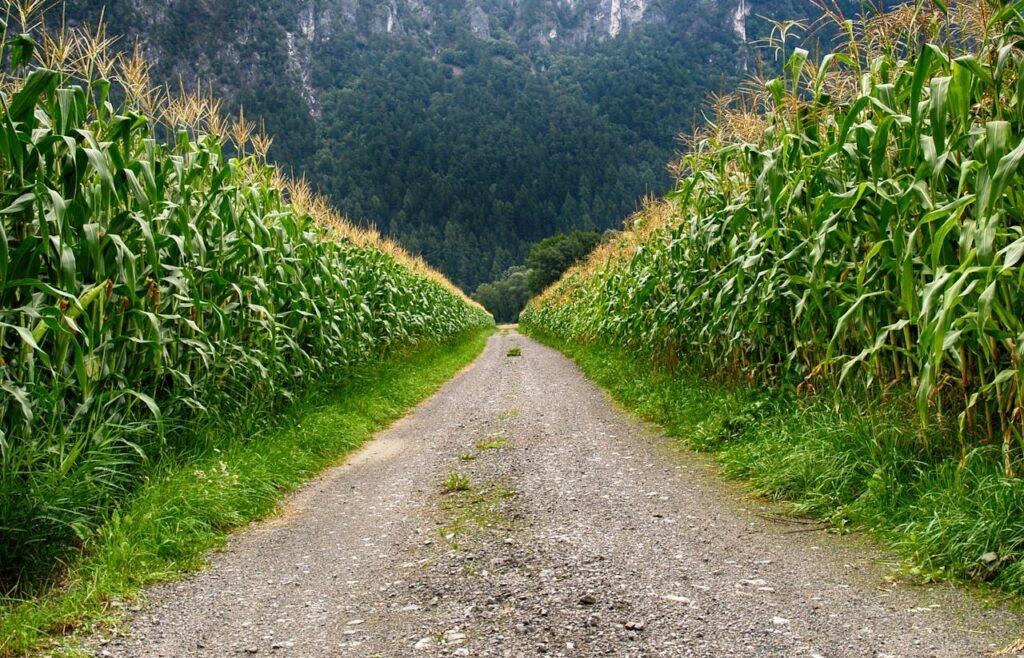
This article explains the various types of farming, soil & plantation management that will aid and boost your yield of harvest at the end of the season and also prepare us for the coming one.

Here’s a comprehensive tutorial on complete farming, soil, and plantation management to enhance harvest yields for both small-scale and commercial farmers:
I. Soil Management
- Soil Testing: Analyze soil pH, nutrient content, and structure to determine fertilizer and amendment needs.
- Soil Preparation: Till or plow the soil to loosen and aerate it, removing weeds and debris.
- Organic Amendments: Add compost, manure, or green manure to improve soil fertility and structure.
- Fertilization: Apply balanced fertilizers according to soil test results and crop requirements.
II. Plantation Management
- Crop Selection: Choose suitable crops for your climate, soil, and market demand.
- Seed Selection: Use high-quality seeds suitable for your region and farming system.
- Planting: Plant at the right time, spacing, and depth for optimal growth.
- Irrigation: Provide adequate water supply, considering soil moisture and crop water requirements.
- Pest and Disease Management: Implement integrated pest management (IPM) techniques, including crop rotation, biological control, and organic pesticides.
- Pruning and Training: Prune and train plants for optimal growth, fruiting, and air circulation.
III. Farm Management
- Record Keeping: Maintain accurate records of planting, fertilization, irrigation, and pest management.
- Crop Monitoring: Regularly monitor crop health, growth, and development.
- Soil Conservation: Implement conservation tillage, cover cropping, and contour farming to reduce soil erosion.
- Waste Management: Manage crop residues, weeds, and waste to maintain soil fertility and reduce pests and diseases.
IV. Harvest and Post-Harvest Management
- Timely Harvest: Harvest crops at optimal maturity to ensure quality and yield.
- Post-Harvest Handling: Handle crops gently to minimize damage and spoilage.
- Storage and Marketing: Store crops properly and market them effectively to ensure maximum returns.
By following these comprehensive farming, soil, and plantation management practices, farmers can:
- Enhance soil fertility and structure
- Improve crop yields and quality
- Reduce pests and diseases
- Increase water use efficiency
- Promote biodiversity and ecosystem services
- Improve farm profitability and sustainability
Remember, farming is a complex system, and adapting these practices no but to your specific context and location is crucial. Consult local experts, extension services, or agricultural research institutions for personalized guidance.
Source: @PIUS O. OKOYE
